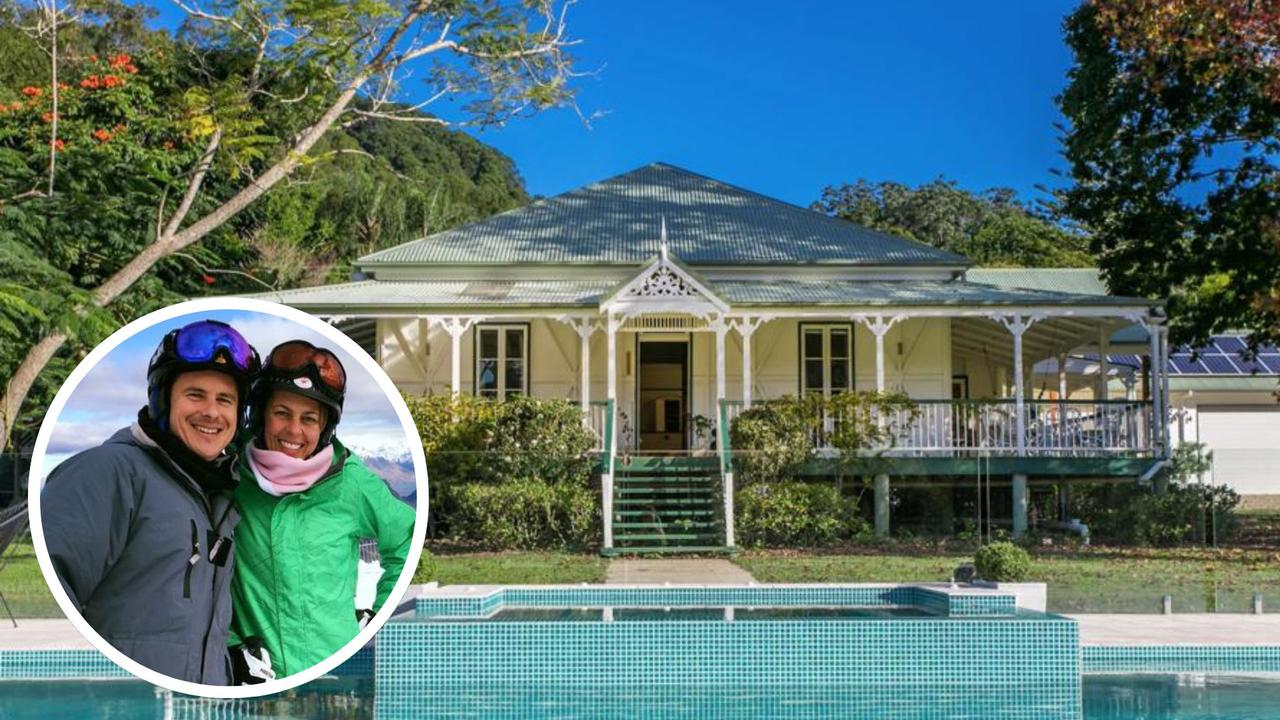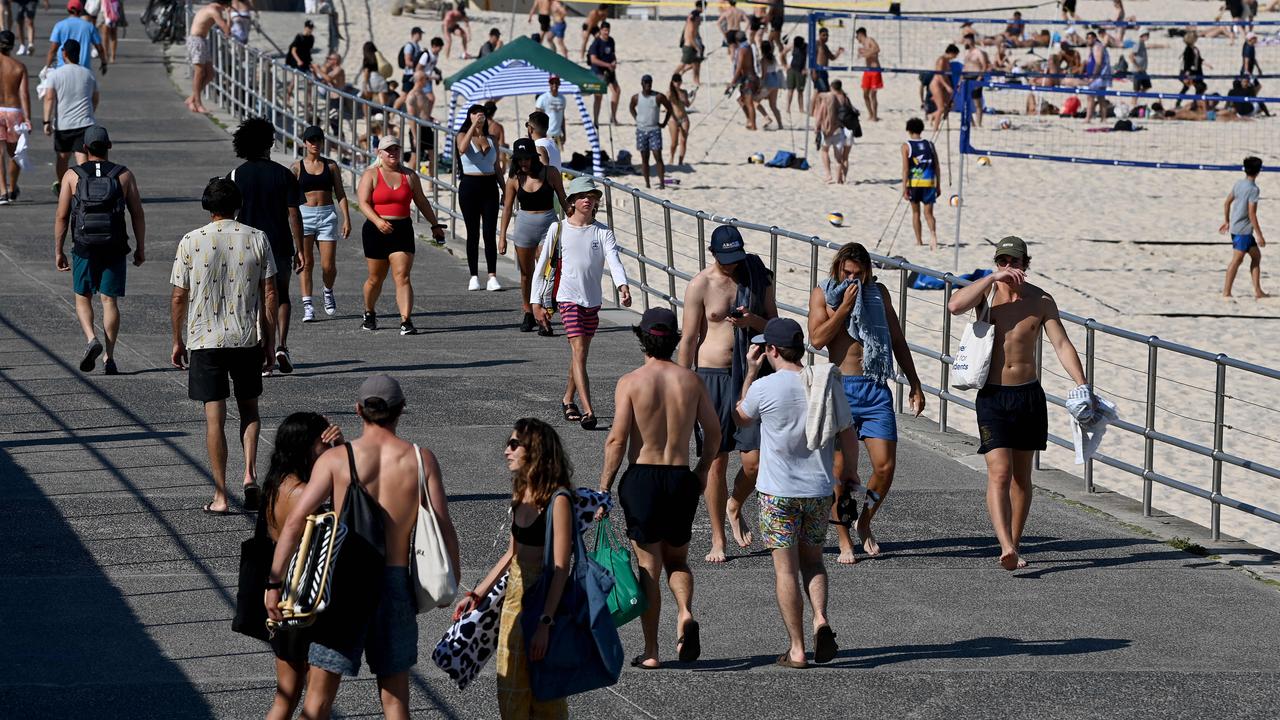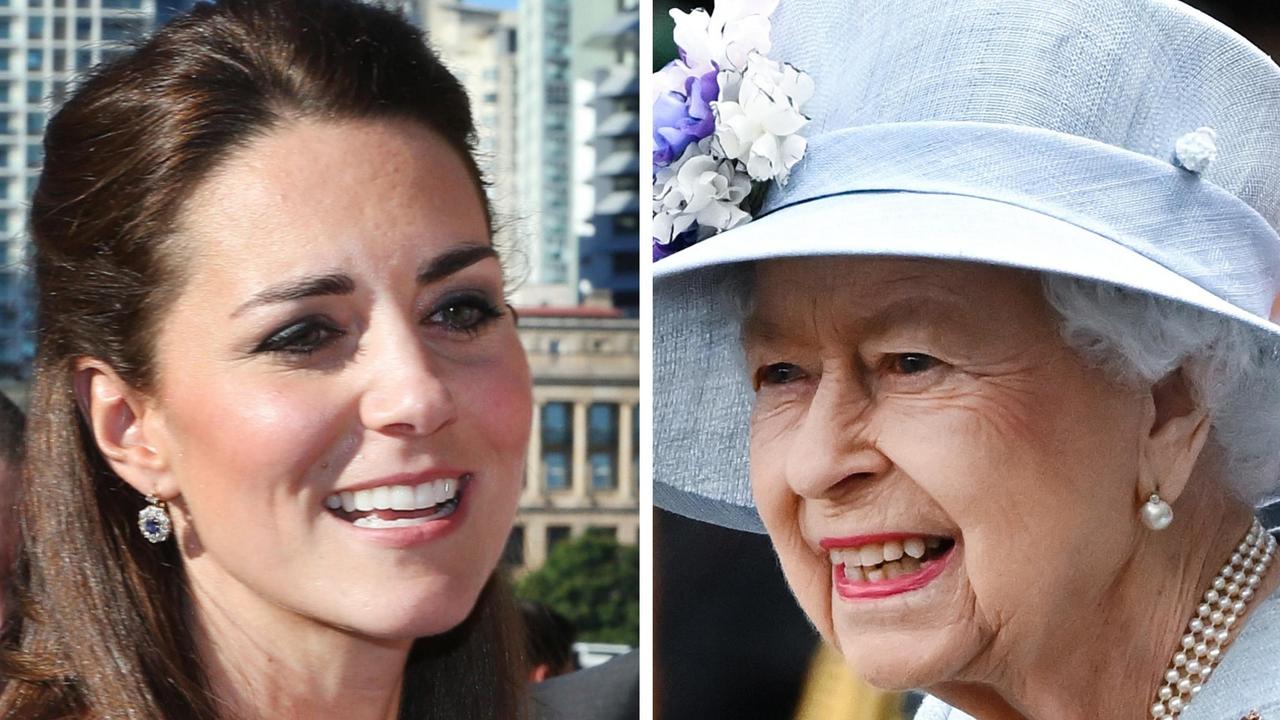When it comes to holidaying, deciding whether to go with the expected comforts of a hotel or the relaxed amenities of an Airbnb generally comes down to the guest and the mood of the trip.
For mum and businesswoman Alexandra Ormerod, travel has always been high on the priority list – and she had no plans for that to change when she and husband Tom decided to start a family.
But with a little one in tow, the pair soon realized that the simple pleasures they once took for granted in a hotel room were no longer applicable for a young family.
“We have a lot of family overseas… we are avid travelers and after our first daughter was born we quickly discovered in our travels that hotels were dead to us and that came as a bit of a shock,” Ms Ormerod told news.com. ouch
“We soon found it very challenging to be traveling with a small child and finding accommodation that was of a standard better than a serviced apartment.
“We realized quite early on that places like Europe and Asia have a more mature market than Australia, so there are a lot more villas to hire in different locations. Whereas when you came to Australia and you effectively had the option of a holiday home. That home would be hired through a real estate agent and generally you were restricted to a coastal location and picking the keys up from the local fish and chip shop because the office was closed.
Ms Ormerod said the “disconnected experience” and “transactional approach” to hiring holiday homes in Australia meant guests “never really knew what they were going to get” on arrival.
With a background in advertising, Ms Ormerod said her work in travel and tourism along with her husband’s involvement in property development and real estate meant they identified a gap in the market for couples, friends and family groups seeking options in the luxury end of the holiday homes market.
As a result, ‘Luxico’ – which essentially combines hotels and holidays homes into one – was born in 2013.
“Luxico was a bit of an obvious outcome,” she explained of the company, which is now worth almost $20 million.
“We found there was a real niche for designer accommodation which we identified as not really existing at the time Luxico was born.”
Having a house on the Mornington Peninsula, Ms Ormerod said a lot of neighbors and Melbourne residents had “big homes” in the area which sat empty for most of the year. So she and Tom started renting out properties in the area which signaled a huge area of demand for beautiful, high-end homes temporarily.
“We found there was a lot of demand for that $1000-a-night or more price point that was not being serviced,” she said.
“So we then built on that to try and service that demand, and try to take the experience away from a transactional offering to a more hospitality or hotel offering [within a luxury home].”
Each Luxico stay comes with a concierge service – essentially a local who ‘checks you in’ to the home. Each concierge acts as a point of call for guests, with no request too big, small or bizarre. The homes range from $250 to $15,000 or more per night.
“It’s bringing the human element back into that holiday home stay, and all our concierges are from the local area,” she explained of the company which exclusively manages $700 million worth of property across Australia.
“The extra services you can have – from chefs, to butlers and specialist touring – are all part of the optional extras.
“But for the everyday traveller, the feedback has been that the concierge had given them insider tips to the area … maybe told them of an amazing hidden gem they wouldn’t have otherwise known about that made their holiday.”
While celebrity clients make up a large bulk of the brand’s clientele, Ms Ormerod said “mums and dads” still make up the majority of bookings.
“Luxico is an end-to-end service so we exclusively manage all of the properties that we offer,” she said, adding that if a family is looking to book two or three hotel rooms – a home works out to be better value.
“So we are managing the guest experience not just through the booking process, but the experience they have in home and even afterwards.
“So from the slippers, to the towels to prepared toiletries, the concierge is going in there and provisioning and preparing the home so if you are traveling with small children we will bring in a toy box so they have something to play with. So it’s all those little touches that make the experience a continuance of the booking process.
“It’s more a holistic experience, connecting you with local products, experiences and service providers that will build on that stay.”
.


